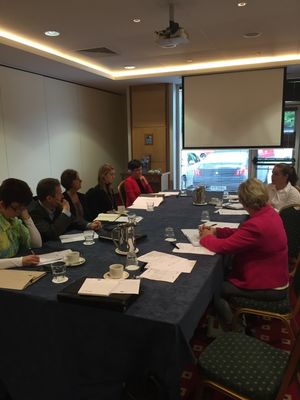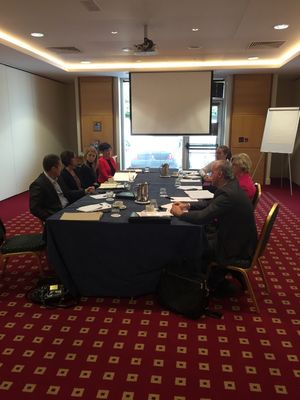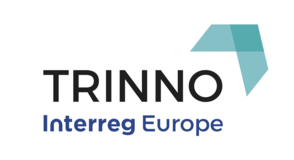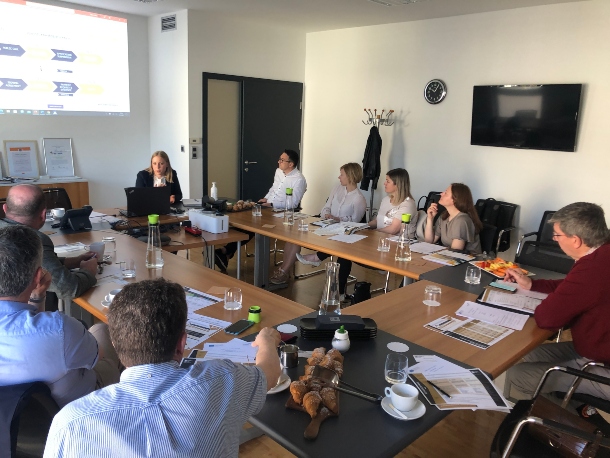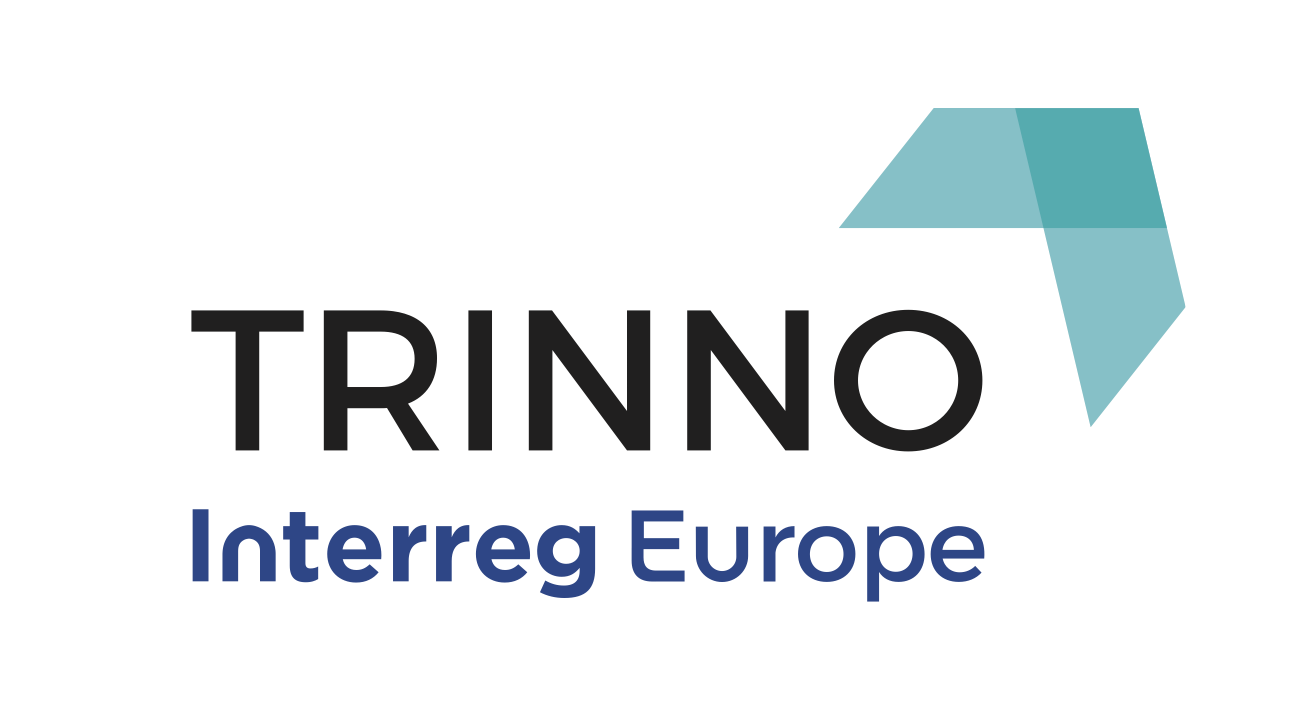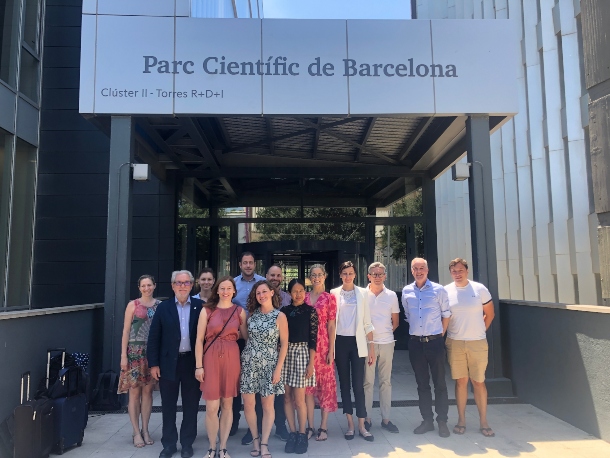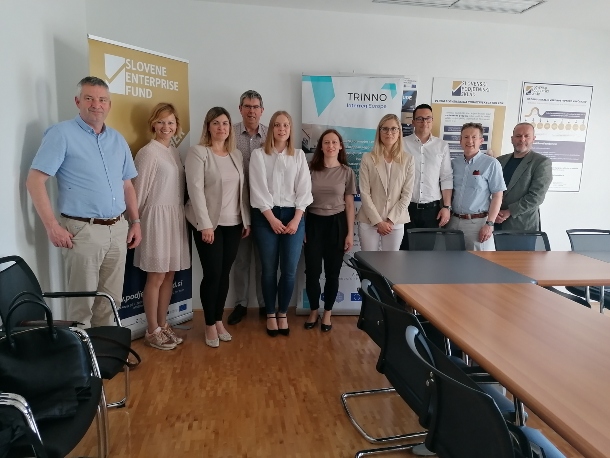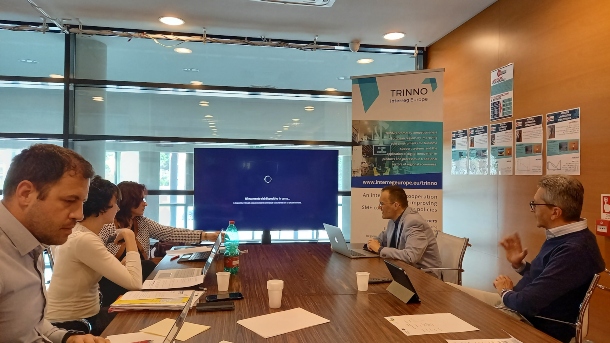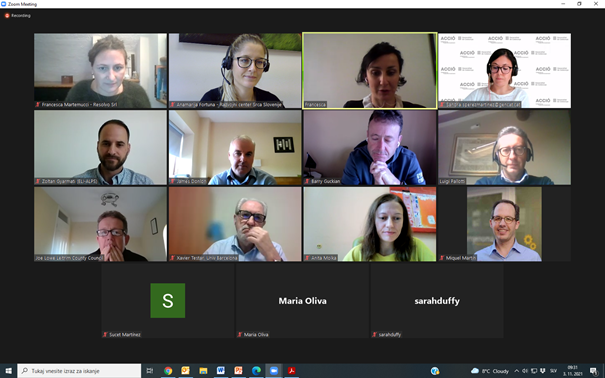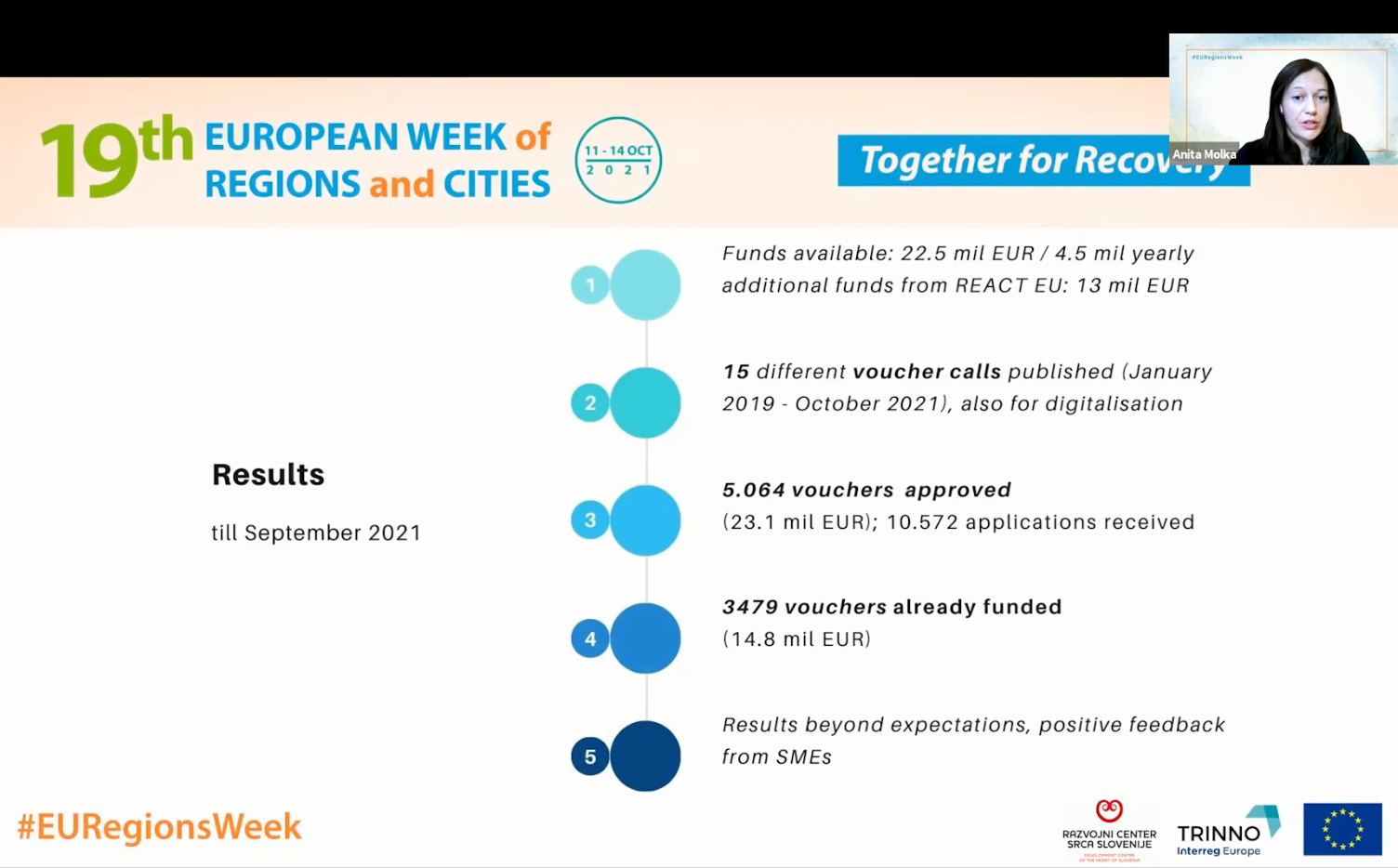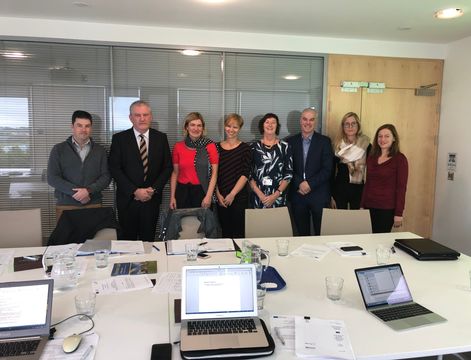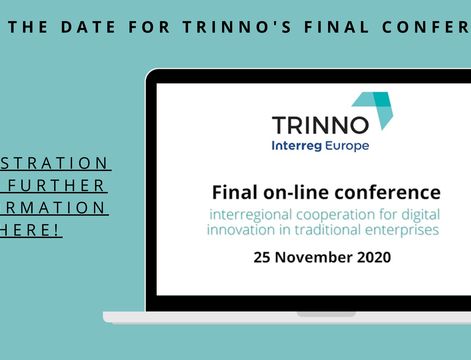Food and Drink is the largest manufacturing industry in the EU in which Ireland is one of the leading performers (annual output of €24 billion, employing 150,000 people), with significant activity in rural regions including the Northern and Western Region of Ireland. As one of its traditional sectors, Ireland has globally renowned food output, from primary produce to international brands of distinction and artisan products across food and drink ranges.
The Local Stakeholder Group for the TRINNO project in Ireland has identified the Local Agri-Food Sector locally, particularly new and existing artisan producers, as one that has significant growth potential, but faces a number of challenges. To further grow the food sector especially the increasing artisan niche, largely comprising micro-enterprises, challenges exist particularly in relation to the high entry costs and other barriers for new and existing producers. Key issues include high set-up costs and also access to markets and viable distribution channels. These challenges may be addressed through the provision of the necessary food incubation infrastructure at affordable rates for producers, along with facilitating access to markets and distribution channels. Innovative and collective approaches are proposed as part of a co-ordinated eco-system approach, including the adoption of digital innovation to provide new solutions.
Following a range of initial discussions and consultations, support for the initiative is evident across various public and private stakeholders, whilst some interesting distribution models have been identified that may be adapted using efficient digital solutions. Further research is required, especially with the artisan producers in the region to identify specific needs and how solutions may be adapted to benefit this key traditional sector in the regional economy. It was agreed at the recent Stakeholder Group Meeting that this research will feed into the Local Action Plan that will be developed. The Local Stakeholders include a number of the Local Enterprise Offices in the region, which support micro-enterprises through the BMW Regional Operational Programme 2014-2020.
